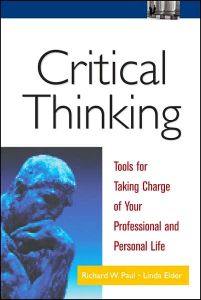
Critical Thinking
Tools for Taking Charge of Your Professional and Personal Life
Read or listen offline
Amazon KindleRecommendation
The introduction to this book asserts that the world is becoming both more complex and less liberal as a result of knee-jerk reactions and short-term thinking. In contrast, say Richard W. Paul and Linda Elder, critical thinking helps people cope with the uncertainties of modern life and become more confident in their decisions. By mastering the tools and techniques of critical thinking, they say, readers will be able to improve their emotional and intellectual skills, their job performance and the success of their organizations. Their claims about material benefits may be somewhat exaggerated, so getAbstract suggests applying some of that critical thinking to the authors’ generalizations. Nonetheless, their overall points are well-made, and readers will find these skills and techniques intriguing and very useful.
Summary
About the Authors
Dr. Richard W. Paul chairs the National Council for Excellence in Critical Thinking. Dr. Linda Elder is an educational psychologist and president of the Foundation for Critical Thinking. She is the executive director of the Center for Critical Thinking, and he directs its research and professional development.







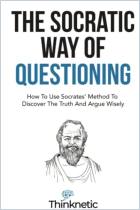
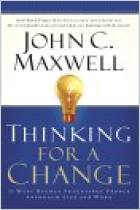
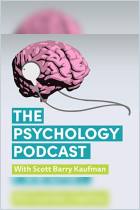
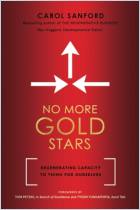
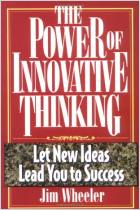
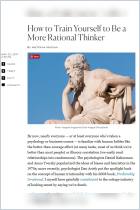




Comment on this summary or Iniciar a Discussão